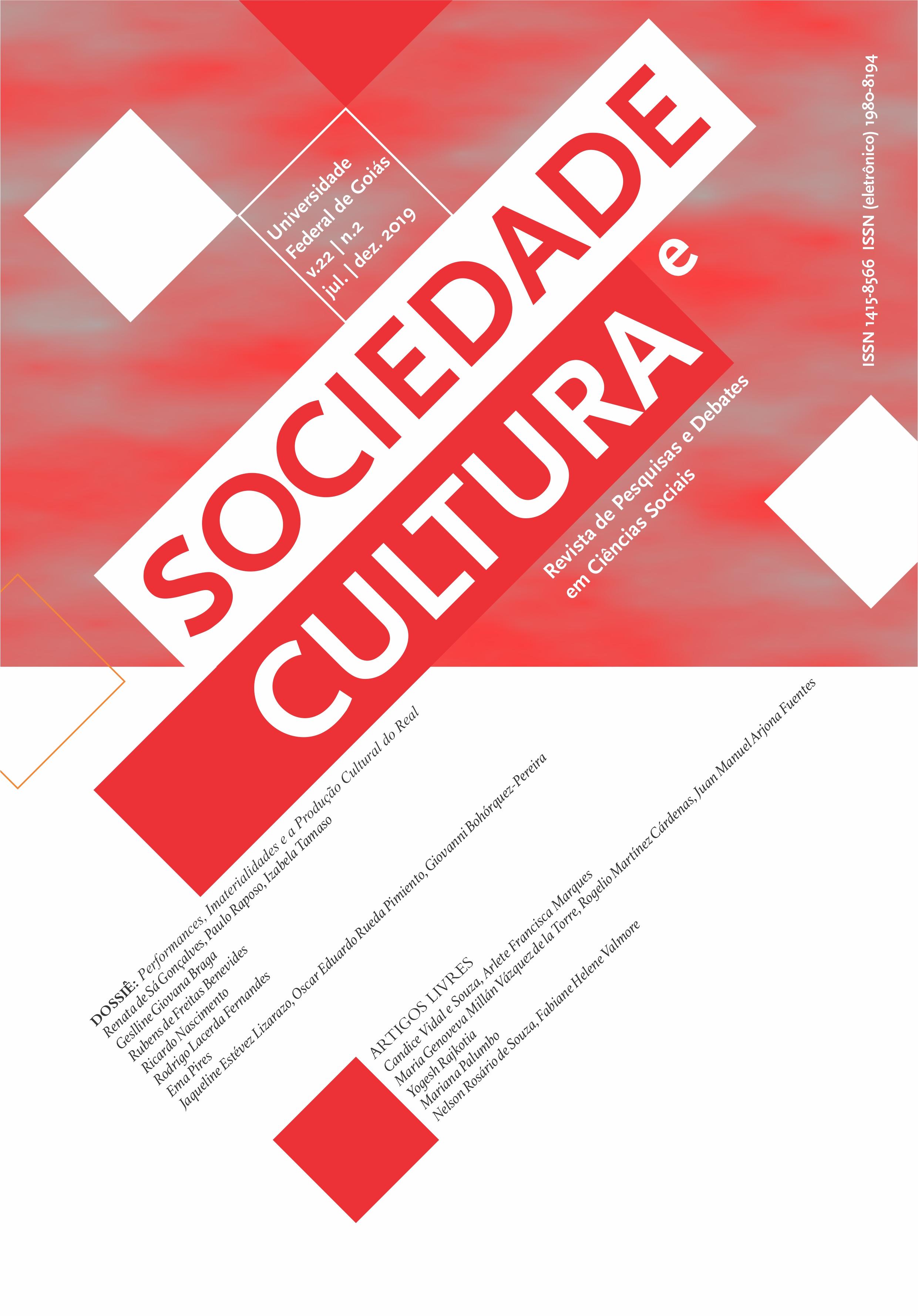Is SMART the new stupid? Health worker perspectives on producing PBF indicators
DOI:
https://doi.org/10.5216/sec.v22i2.56884Abstract
PBF program designers have traditionally selected and priced service delivery indicators based on public health value, and whether the indicator is SMART (specific, measurable, achievable, relevant, and timely). This approach ignores the providers perspective on the value of inputs and opportunity costs of service provision. We conducted in-depth interviews, focus group discussions, and rank order exercises with health workers to elucidate factors that drive their motivation to deliver PBF incentivized services. Health workers identified three key considerations that drive service prioritization: effort to acquire a patient, effort to treat a patient, and health worker locus of control. Health workers consider multiple factors when prioritizing PBF services to maximize their total reward. In pricing PBF services, program designers must understand inputs’ value and total opportunity costs, rather than relying on public health value and the SMART indicator framework alone. When pricing services, PBF program designers should collaborate with health workers to account for the range of factors that health workers consider when alone. When pricing services, PBF program designers should collaborate with health workers to account for the range of factors that health workers consider when making service provision decisions.
Downloads
Downloads
Published
How to Cite
Issue
Section
License
Authors who publish in this journal agree to the following terms:
- Authors retain the copyright and grant the journal the right of first publication, the work being simultaneously licensed under the Creative Commons Attribution License, which allows the sharing of the work with acknowledgment of authorship and of the initial publication in this journal;
- Authors are authorized to enter into additional contracts separately, for non-exclusive distribution of the version of the work published in this journal (eg, publishing in an institutional repository or as a book chapter), with acknowledgment of authorship and of the initial publication in this journal;
- Authors are allowed and encouraged to post and distribute their work online (eg, in institutional repositories or on their personal page) at any point before or during the editorial process, as this can bring productive change as well as increases the impact and the citation of the published work (see O Efeito do Acesso Livre).



